Cargo transportation is a very profitable, but rather complex business, coupled with many nuances and pitfalls. According to statistics, only a few newcomers manage to stay afloat and grow from a small company of regional importance to the federal level. The only way to succeed is to strictly follow the basic rules and strictly implement your obligations. This is especially true for FCA compliance. What are these in simple words, what difficulties will you encounter and how to prevent mistakes? Let's look at all these aspects in detail.
general information

Many entrepreneurs, just starting to work in the field of logistics, have a question about what are the conditions of the FCA. What is it in simple words - consider further. The term itself stands for Free Carrier, which means that the buyer is responsible for the safety of the cargo and the settlement of all legal formalities throughout the entire transportation period. He independently decides what type of transport will be delivered, and also signs all the associated contracts. This is precisely the main difference between FCA and standard cargo transportation.
The owner of the goods must fulfill their obligations under the contract, subject to the following conditions:
- as soon as the goods have passed customs clearance and documents are issued for it;
- if the parcel has been transferred to the next carrier involved in the logistics;
- upon arrival of cargo at destination.
What are the FCA conditions of carriage? On the legislative basis, everything is quite simple, since the responsibility lies entirely with the buyer, however, in practice, not everything is as it should be. At the conclusion of the contract, much attention should be paid to the place, since it is precisely this that largely determines the responsibilities of both parties. For example, if it is necessary to load goods at the supplier’s warehouse, then the customer is solely responsible for this process. But it’s a completely different matter if the cargo is taken from neutral territory. In this case, the performer is obliged to control everything.
Specific conditions
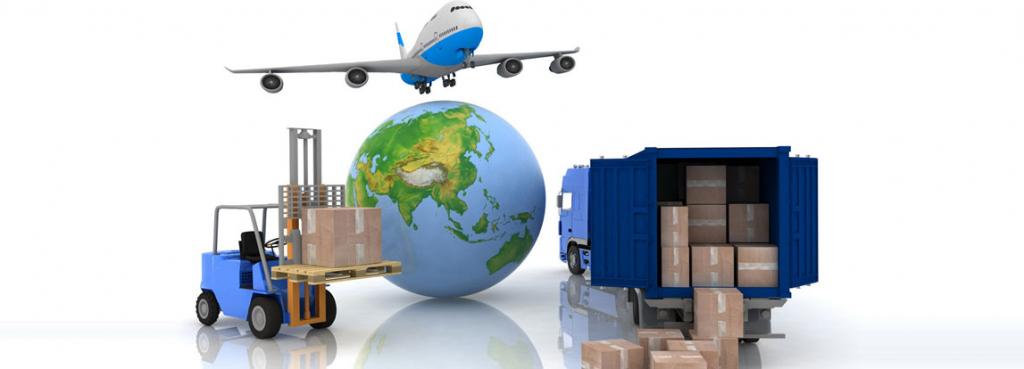
Nowadays, when ordering any goods and services, a contract is concluded. It is in it that all the FCA delivery terms are specified. They must determine the following data:
- type of vehicle;
- mass of cargo;
- Estimated delivery time;
- route and stuff.
So, for example, if during the loading process it turns out that the vehicle is not carrying enough capacity, the buyer has the right to adjust the conditions for the delivery of FCA goods. As a rule, changes relate to the route. For example, you may need to check in at another point in order to reduce financial losses from an empty flight. This is especially true in the case of shipping, in which even small delays can turn into huge costs.
Other options
So, above we examined the basic conditions of the FCA, that in simple words, we also found out. They can be performed regardless of the type of vehicle both domestically and in international traffic. However, the latter should take into account more nuances. Let's dwell on this in more detail. If you plan to take on the next contract, you should have answers to the following questions:
- How will the products be shipped to the customer?
- What is the contractor responsible for when crossing the customs procedure at the border?
- What is the carrier specifically responsible for?
This information will help to avoid many problems in the process of order fulfillment. Therefore, you should be very serious about studying FCA Incoterms delivery conditions. These rules describe in detail the main provisions and terms, the knowledge of which will greatly simplify the work in the field of international cargo transportation.
Important aspects
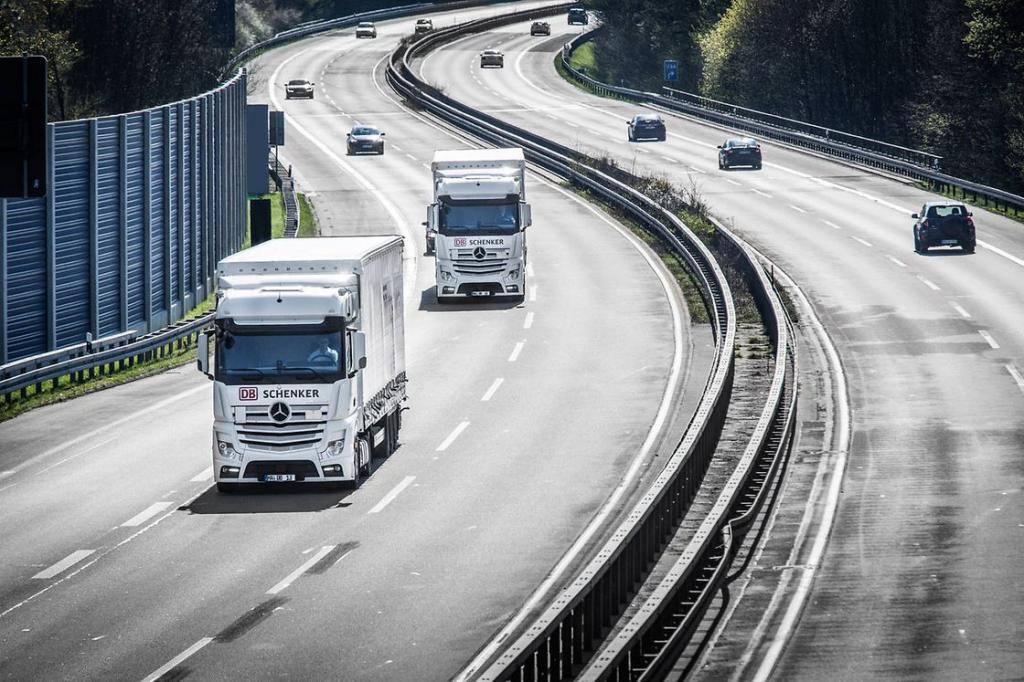
This issue needs special attention. There are several nuances that should be clarified in advance when concluding a supply contract under FCA conditions. This is especially true for the type of cargo carried. Some products must be transported in special containers and under certain conditions.
These include:
- batch of farm animals;
- perishable products;
- fuels and lubricants;
- pesticides;
- explosives;
- radioactive materials;
- toxic and toxic substances;
- compressed and liquefied gases;
- caustic and corrosive substances.
All information regarding the conditions of transportation should be provided to the carrier upon request. Also, specific dates, time and place of loading, as well as transport route, are agreed in advance. In case of non-compliance with the delivery on FCA terms, the contract may be terminated unilaterally.
What data should be provided by the customer?
So what do you need to know about this? According to the law, the buyer must provide the carrier with detailed order information within 10 business days.
The list should include the following data:
- type and volume of cargo;
- details and codes of the recipient;
- full address;
- access road numbers and codes of transshipment points, if it is supposed to check on them;
- additional information that will allow delivery on time.
If the customer has not provided all the necessary information, the freight transportation is suspended. If delivery to the destination is not possible, all costs for returning the goods to the warehouse will be borne by the buyer.
Shipment procedure
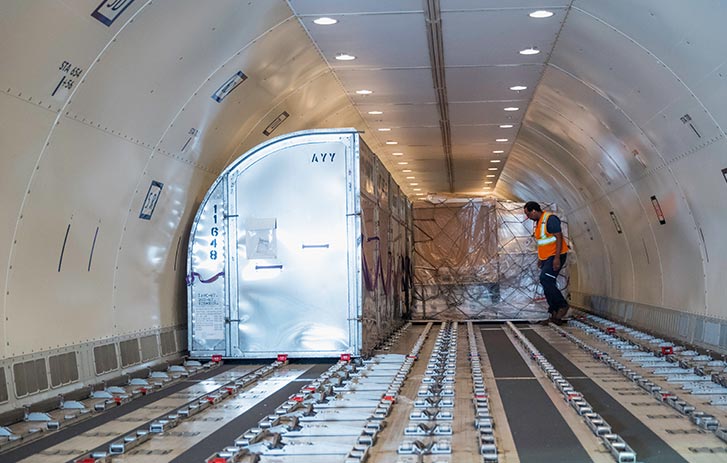
Acceptance of cargo is carried out on a standard bill of lading in the form under the number TORG-12. It must contain the signatures of persons having ownership of the goods under the terms of delivery of the FCA, as well as seals. In addition, when transferring goods, a personal presence of representatives of the customer and the contractor is required. In case of any problems, the responsibility lies with the missing party.
Satisfaction Claims
This aspect should be given special attention. Conflict situations, as a rule, arise in the event of a discrepancy between the quantity of goods discharged and the volume indicated in the accompanying documentation. The buyer may refuse to accept in the event that the losses are within the natural loss stipulated by law.
In this case, reconciliation statements are drawn up, in which the paid amount of goods is entered. In order not to be in a similar situation and avoid many problems, each of the parties should keep an independent record of the shipped cargo. Documentation upon verification is submitted within 5 days after its completion. In case of discrepancies, delivery may be terminated. If the situation cannot be resolved peacefully, cooperation ceases.
In what cases is it possible to terminate the contract?
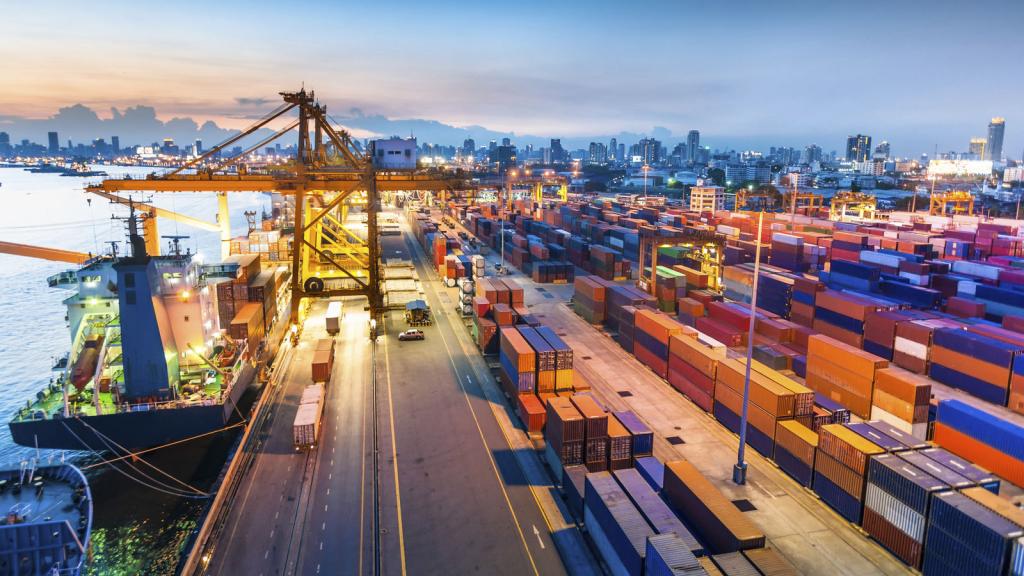
What you need to know about this? If the FCA delivery terms have been violated or the payment has not been received within the agreed period, the contractor may refuse to carry out cargo transportation by notifying the customer in advance. The contract is automatically terminated at the time of receipt of the notice. If this is provided for by the contract, the buyer must use the goods exclusively for their intended purpose. Otherwise, he must file a formal notice.
The contract can also be terminated unilaterally if the carrier is unable to deliver the consignment of goods in the indicated volume for reasons depending on the buyer. In this case, the termination of delivery is carried out according to the standard algorithm through the submission of a notification. Moreover, all responsibility and damages fall on the guilty party.
Force majeure
Let's dwell on this in more detail. If the FCA delivery conditions cannot be met due to unforeseen circumstances, payment of the penalty can be avoided if documented to prove it. Force majeure circumstances include:
- epidemic;
- political change;
- natural disasters;
- Act of terrorism;
- ban on entry of territorial authorities;
- car crashes.
In the event of a force majeure situation, one side must notify the other of this no more than within 2 days. You must also provide supporting documents in the nearest branch of the CCI of the Russian Federation. If the delivery cannot be completed within three or more months, then either of the parties may refuse to fulfill its obligations, having previously notified it and paying for the goods already delivered.
Dispute Resolution
If a conflict arose between the customer and the contractor, then it is better to try to resolve it peacefully. Representatives of both sides need to find the most optimal solution that will suit everyone. If a compromise cannot be reached, then in this case you need to contact the Arbitration Court.
The measure of responsibility of the parties
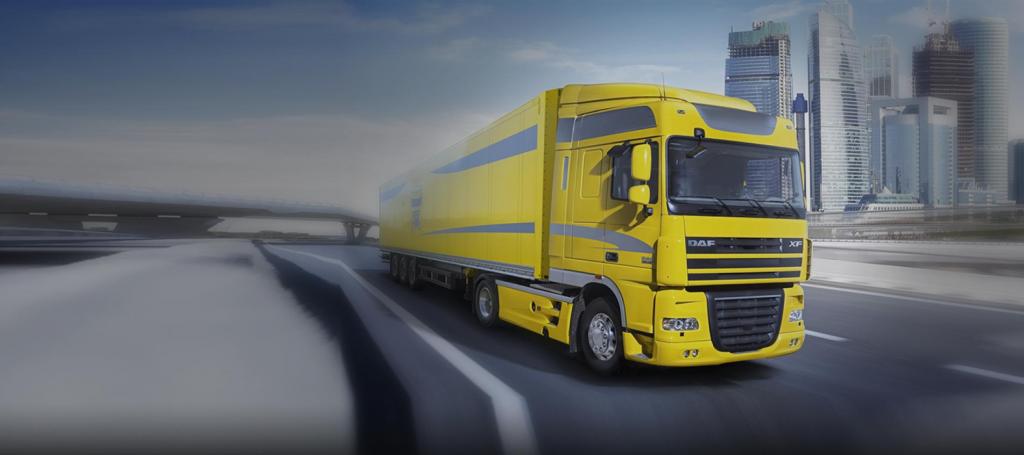
This aspect is worth exploring in the first place. The owner of the goods is responsible for loading the machine at the manufacturer’s warehouse. If the acceptance is carried out in other places, then the buyer is responsible for everything. The carrier in this case acts as a third party whose responsibilities include the delivery of goods from one point to another.
The seller must pay all government fees, and the buyer must carry out customs clearance. After the settlement of all legal formalities, the goods may be transferred to the receiving party specified in the supply contract. Until the product is transferred, the manufacturer or distributor is responsible for all risks. During the transportation process, the transport company is responsible for the integrity and safety, with the exception of situations where the buyer’s responsibilities are delegated by the contract.
When are the transportation conditions considered fulfilled?
The delivery of goods acquires the status of executed after payment of state duties, customs clearance and transfer of goods to the recipient at the destination. Further, all responsibility passes from the performer to the receiving side. To expedite the procedure, the buyer must provide information about the vehicle and the contractor. It is necessary for the correct filling of customs documentation. The carrier may be:
- transport company;
- forwarding service;
- terminal;
- confidant.
You should be very careful when transmitting information, since even the smallest errors can significantly delay the process of paperwork and turn into big forfeits.
Conclusion

This article described in detail the basic conditions of the FCA, that these are simple words, and also considered the most important nuances that should be taken into account in the process of transportation.Therefore, if you want to do logistics at the national or international level, you can do everything right. In order to prevent newcomers from mistakes and avoid many problems, carefully approach the study of the contract and discuss all conditions with the customer in advance. In this case, success is guaranteed to you.









